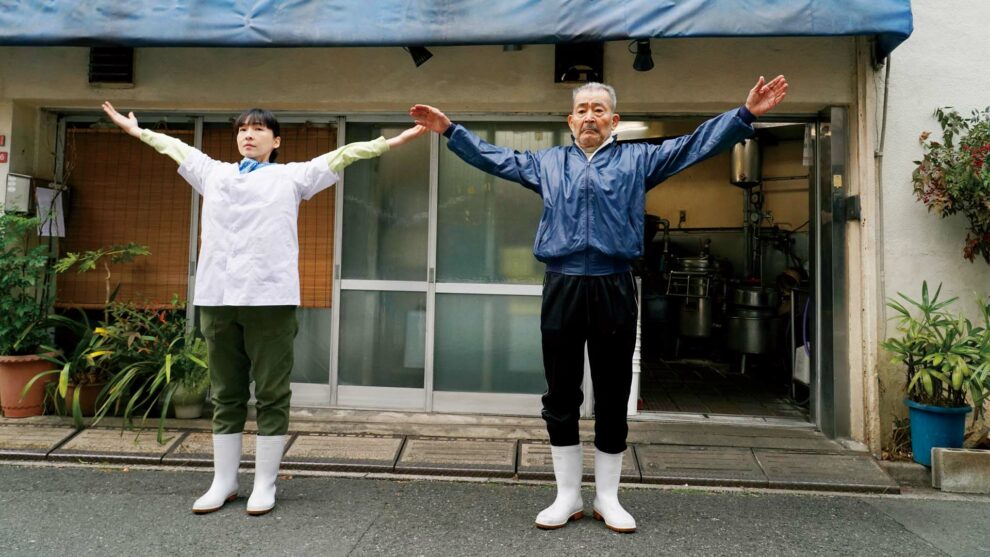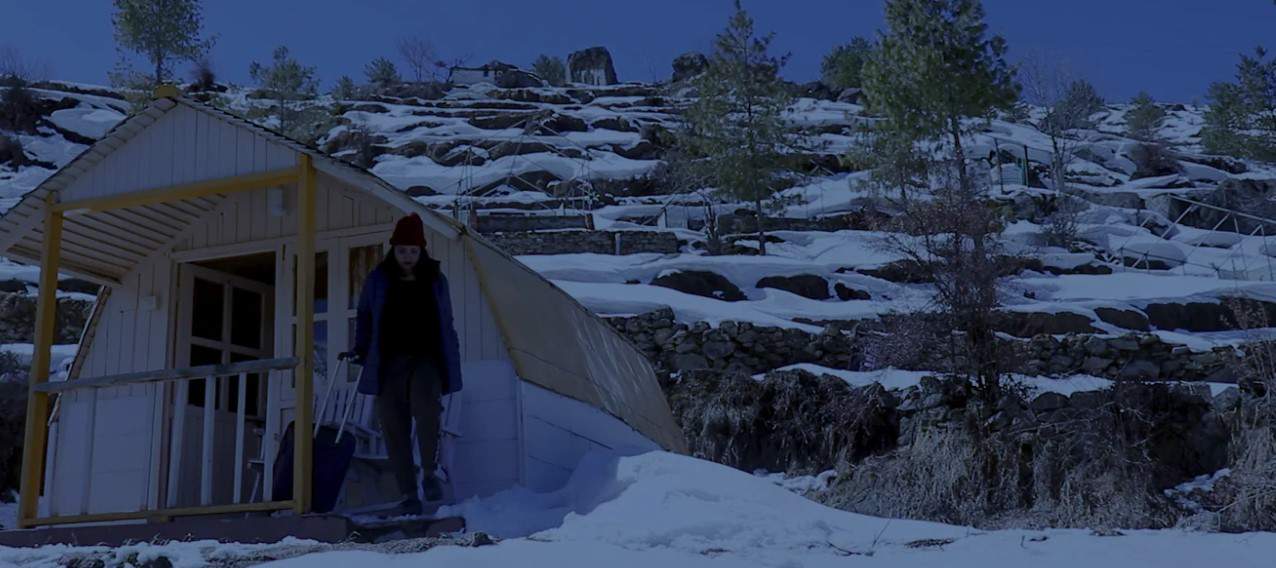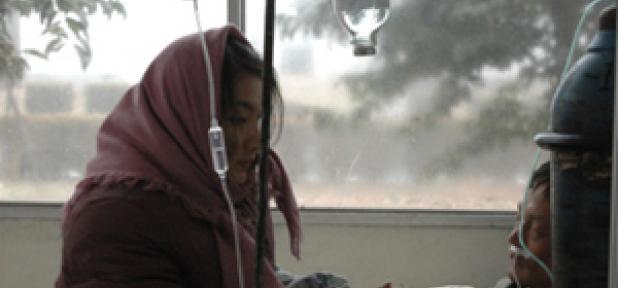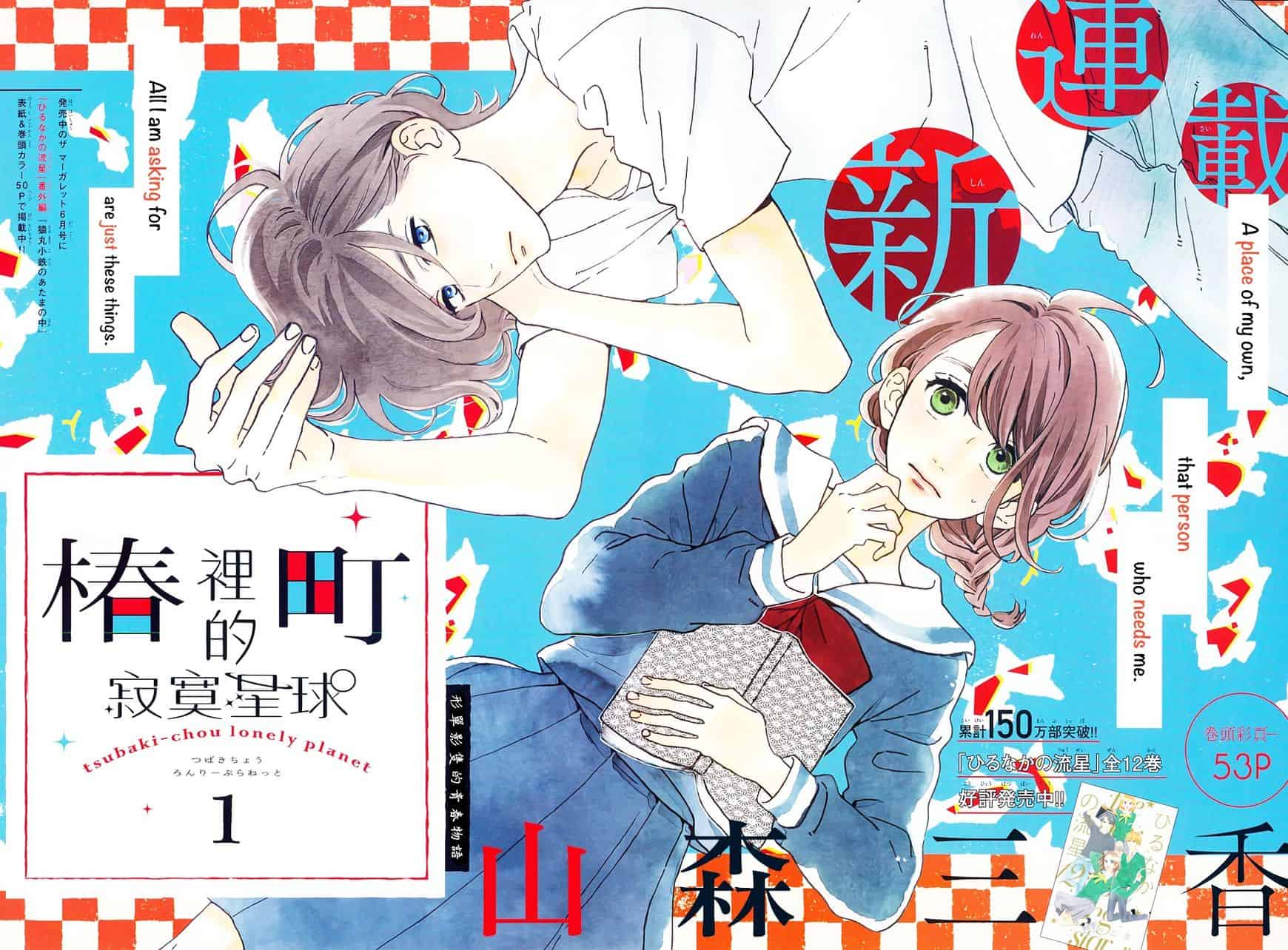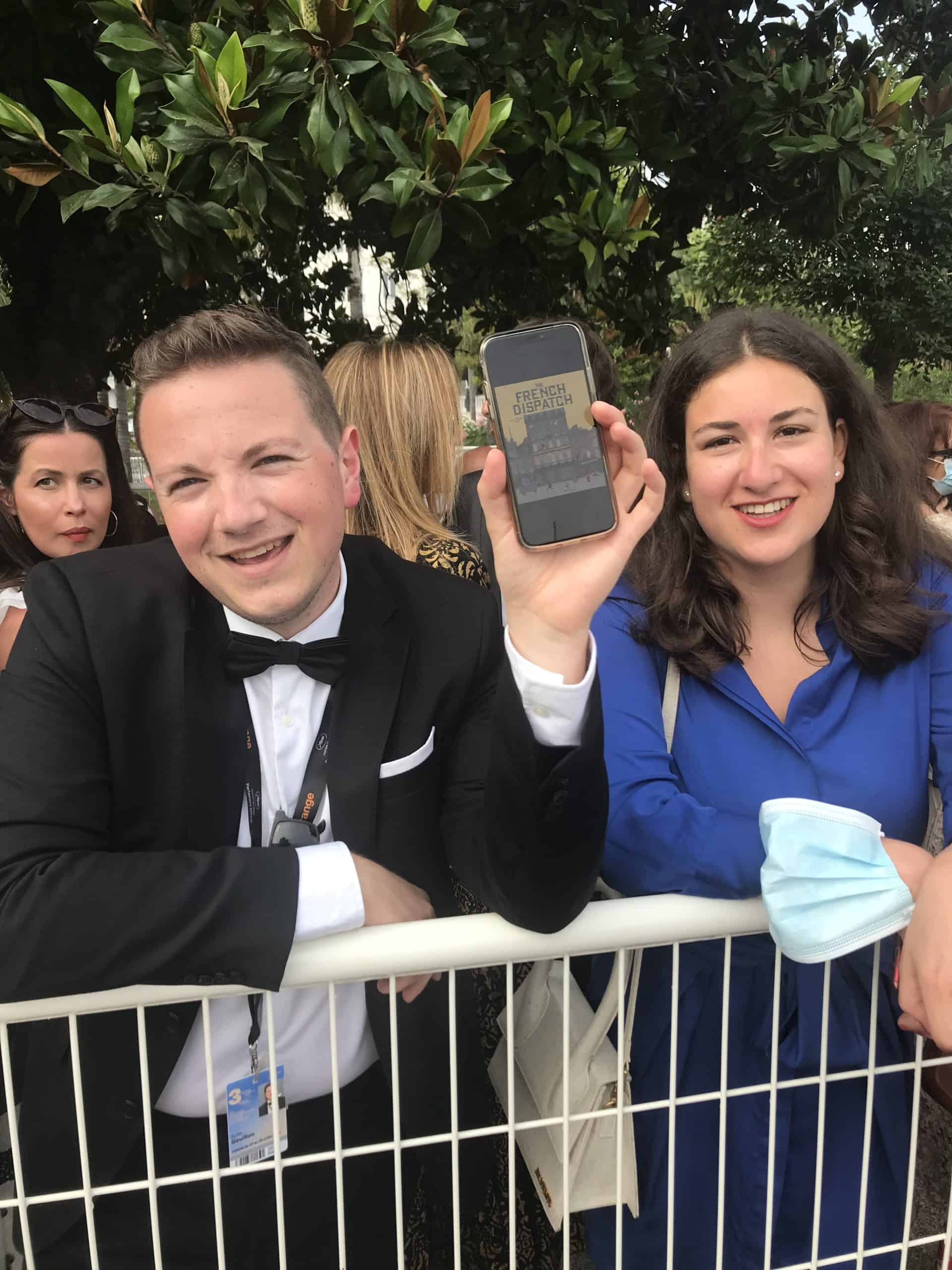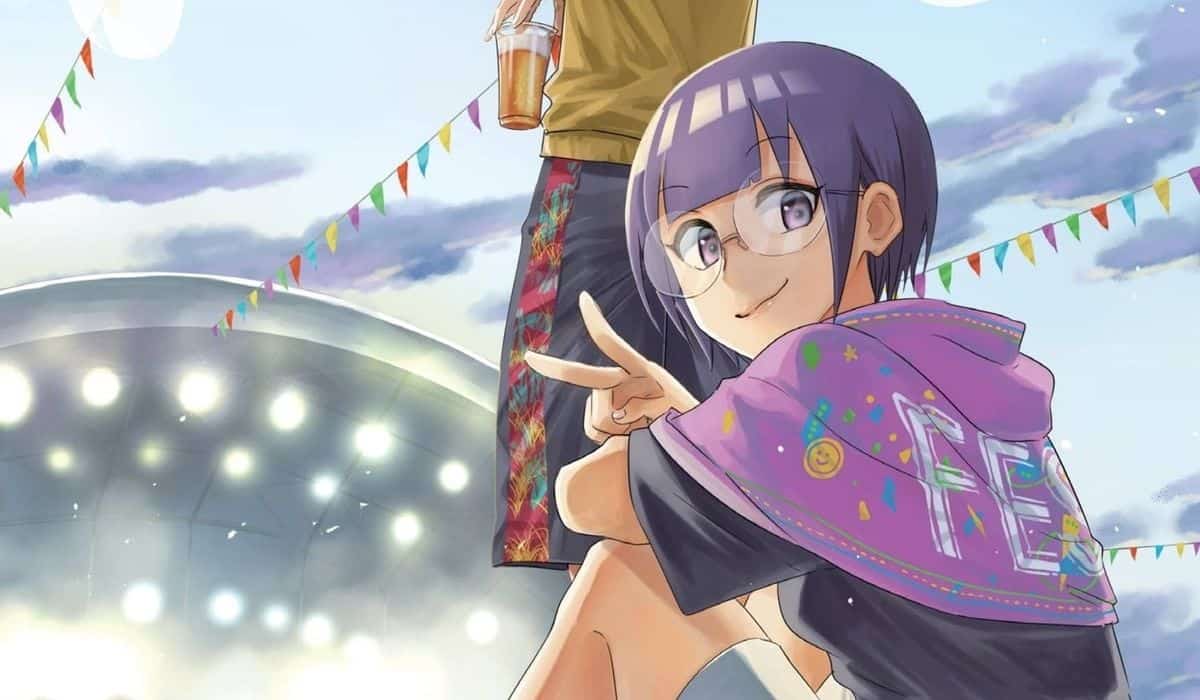Director Mitsuhiro Mihara has outlined a few characters around the idea of the grumpy, ageing artisan, last bastion of some sort of art or tradition that is destined to vanish in the modern world, and Tatsuya Fuji seems to be his default choice to flesh out those characters. He was an old-school family photographer in “Photo Album of the Village” (2004), a skilled Chinese chef in “Flavor of Happiness” (2008) and he is a committed tofu maker in his latest effort, “Takano Tofu”.
Takano Tofu is screening at Asian Pop Up Cinema
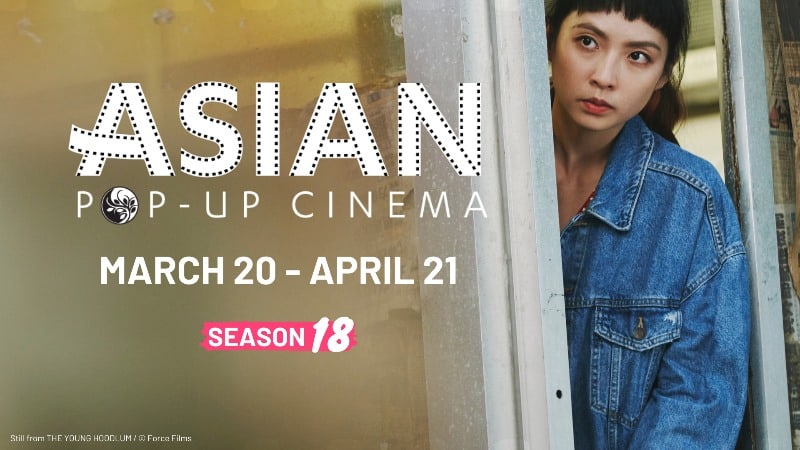
Tatsuo Takano (Tatsuya Fuji) and his daughter Haru (Kumiko Aso) run a small artisanal tofu production with attached shop, in their town of Onomichi, in the Hiroshima Prefecture. To tell the truth, after many years of working together, Takano is still the craftsman and Haru the helper; the art of making his wonderful and unique tofu is a jealously kept secret that Tatsuo doesn't want to share yet, despite the impending retirement age. Haru is not a spring chicken either and, with a failed marriage in her youth, she is still single and living with her dad. A supportive circle of old friends surrounds Tatsuo, congregating often in the barber shop of one of them, where they spend the lazy small-town afternoons teasing each other and gossiping.
When Tatsuo discovers that his arteries are posing a threat and that he eventually will need surgery, his first thought goes to Haru, and a plan to find her a suitable companion starts to take shape. After a nit-picking research, Tatsuo and his friends start interviewing a group of selected candidates, most of the times with comic outcomes. However, one of the aspirants – a young owner of gourmet Italian restaurants – seems to be “the one” and they organise a carefully choreographed plan to make them meet “by chance”. At the same time, during his visits to the hospital, Tatsuo gets to meet Fumie (Kumi Nakamura), a sweet lady with some health issues, and a tender friendship blossoms.
“Takano Tofu” is full to the bream of classic heath-warming and crowd-pleasing ingredients, very much on the line of the classic Japanese family melodrama. We have the eulogy for the small-town life, a talented craftsman who is committed to his product and will not accept any marked-driven compromise, a gentle comedy provided by a cohort of loyal friends, a tender old age romance, and a moving historical reference to the war. Not necessarily such an ensemble of good parts would result into the perfect sum, but “Takano Tofu” does a good job in elaborating all the above with a heart-warming and soothing outcome, that has the distinctive flavor of nostalgia.
Check also this article
Nearly a docu-fiction at times, the film does a great job in portraying the love, dedication and discipline that go into a craft, complementing excellent innate skills. The process of making tofu every morning, in silent, almost like a dance routine, is mesmerizing. Moreover, watching Tatsuo and Haru's ritual of sharing the first sip of hot tofu milk, resting at the end of the morning preparation, is the best snapshot of their relationship; deep love with and few words needed.
“Takano Tofu”'s location in the Hiroshima Prefecture becomes an important part of the narrative, not just because it is a true-love song for slow life in provincial Japan, but – more topically – when Tatsuo and Fumie get to tell each other their painful experiences as survivors of the atomic disaster. It is a rather touching climax and the cranky old man façade crumbles down to reveal a human being capable of immense empathy despite (or maybe because of) the hardship he went through. Their backstories are moving and essential for the script, but to be fair, they are also a bit far-fetched, as Fumie looks rather younger than a possible Hiroshima survivor and Tatsuo (who is old enough to be one) looks a bit too old as Haru's father. However, the pathos is enough to make us suspend our disbelief, and so is the great on-screen chemistry between the three of them.
All in all, “Takano Tofu” is an enjoyable slow-paced and nostalgic film that is deeply reminiscent of the classic Japanese dramas of the past, and is soft and silky like Tatsuo's tofu.


